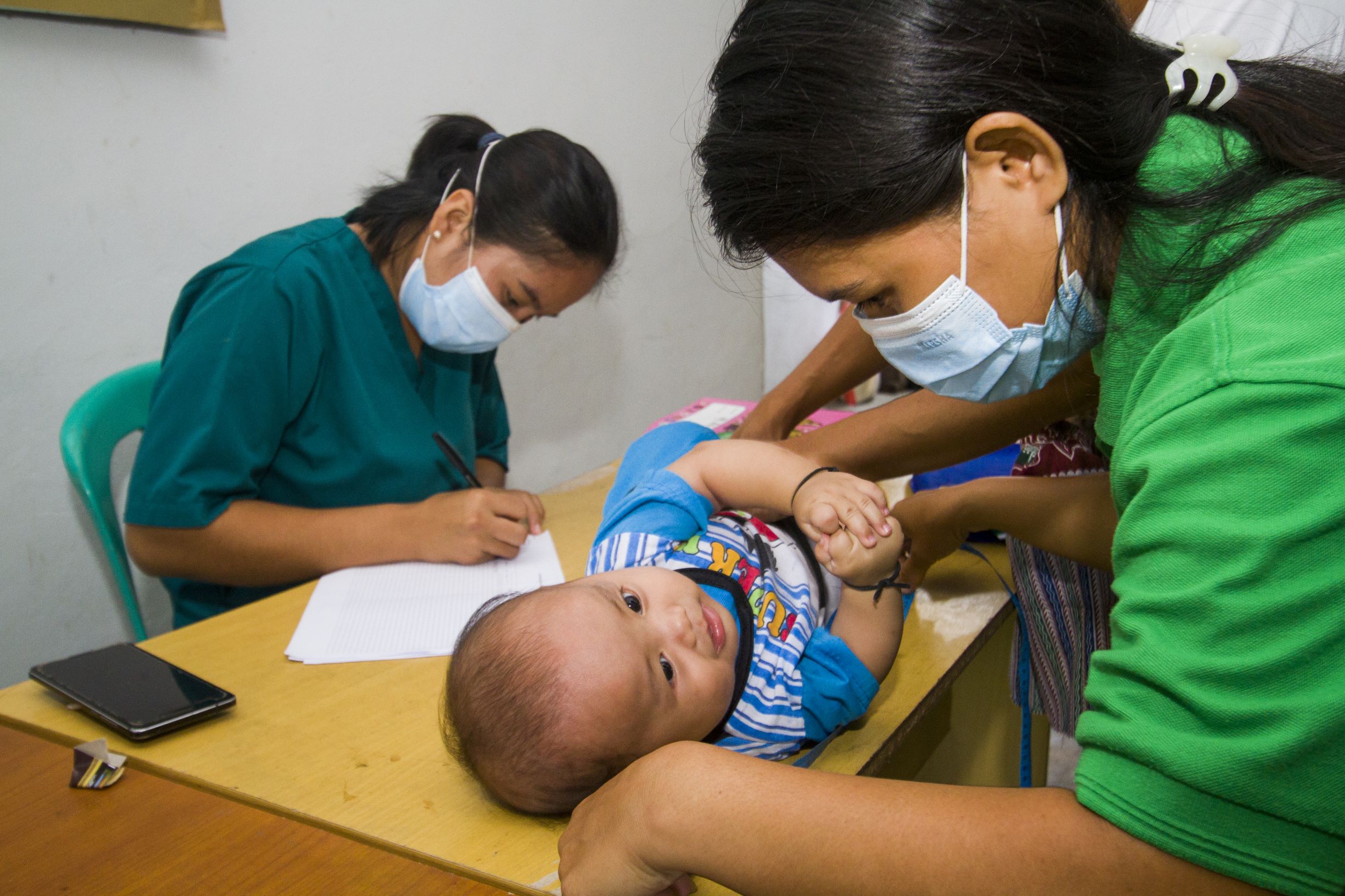

We train local women and girls to become health ambassadors (HA) in their communities and act as extension agents for public health services. As part of this program, we work with local government health offices to improve access to health services, community health, and improve women’s reproductive rights through the extension of government health services in partner villages. We follow the People- Health -Environment (PHE) approach that aims to improve community health through health advocacy and improve access to basic services. Once potential HAs are identified, they are provided with a set of training from our staff and 3 additional training from the relevant government agency. Once they have successfully completed these trainings, HAs start to make weekly visits to households in their communities. During these visits, they evaluate each household’s activities and provide information on pre-and post-natal health, contraceptives, sanitation issues, impacts of smoking, and nutrition. Information is provided through posters and videos played on smartphones carried by health ambassadors
The enabling factors for implementing this program is lack of access to such services in the community and a link between human health and ecosystem health. Community hearings or workshops are required to kick-start this intervention as often communities lack awareness of public health measures and fail to identify poor health as a barrier to community engagement and well-being. We have found this to often be the case where communities tend to focus on monetary measures of rural poverty, rather than identifying education, health, and other well-being indicators.
Several important lessons have been learned. First, community health initiatives, when implemented correctly with high-quality service delivery, can be essential to opening the door to wider community engagement. It is difficult to engage in natural resource management when one is often sick or has sick family members. Therefore, improving household health can open the door for wider engagement in community-level programming. Second, community health interventions are integral to building positive relationships and trust between NGOs and local communities. This can help create stronger partnerships, facilitate collaboration, and create space for more difficult conversations around social-ecological interactions